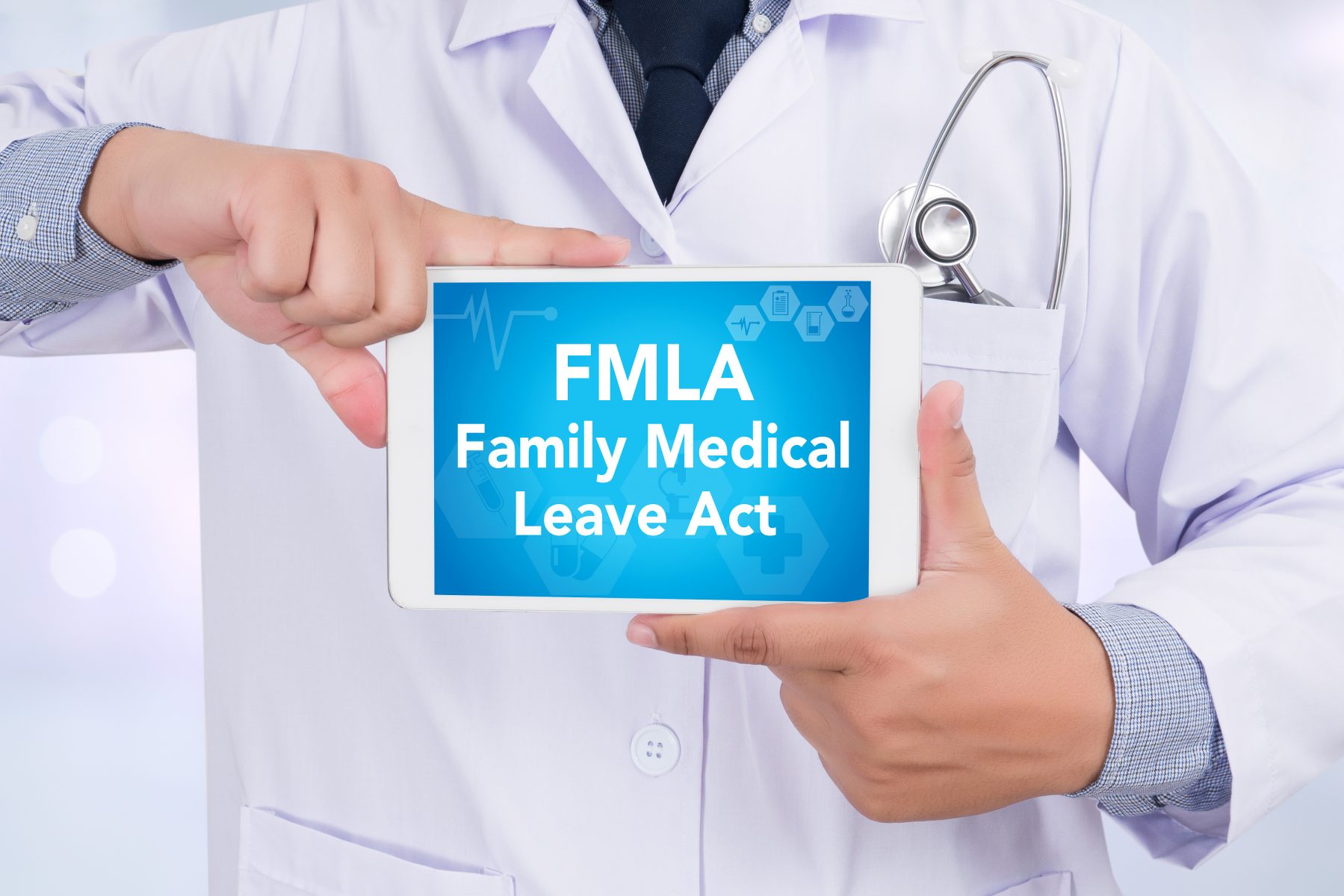News & Events
Can New Foster Parents Take FMLA Leave?

Can New Foster Parents Take FMLA Leave?
The Family and Medical Leave Act (FMLA) empowers employees to use 12 weeks of unpaid leave to deal with their own health crisis or that of a close family member. The Act has helped countless employees take care of their families while also protecting them when they intend to return to work.
FMLA leave is also available for those who give birth to a baby or who adopt, but what about foster parents? Can they take FMLA leave? The answer is “yes,” but you must meet certain requirements.
Is the State Involved?
To qualify as “foster care” under the FMLA, the following must be true:
- You must provide 24-hour care for the child as a substitute to care from a parent or guardian
- The foster care placement must involve state action and an agreement between the state and foster family about the care
This definition disqualifies some common situations, such as the following:
- An aunt agrees to take care of her nephew while the mother goes into drug rehab. Here, the state has not been involved because this is a voluntary agreement between two sisters. As such, this is not “foster care” under the FMLA.
- A person agrees to watch a child during normal work hours while the parent goes to work. Here, we have what is more normally called a babysitting arrangement, not foster care, because it is not 24-hour care. This is not foster care under the FMLA.
Of course, foster care does not have to be permanent, as there is no requirement of permanency. Foster care is often temporary, which is fine, so long as it meets the two requirements above.
How Much Time Can You Take?
The purpose of FMLA leave is to help the foster parents bond with their foster child. In total, the FMLA allows foster parents to take up to 12 weeks of unpaid leave in the first 12 months of the placement.
Some people who serve as foster parents also go on to adopt the child. Does this mean they get an additional 12 weeks for adoption? Can a worker stack 12 weeks of leave as a newly adoptive parent on top of 12 weeks as a foster parent for a total of 24 weeks?
No. Under the FMLA regulations, a worker can take leave to care for a “newly placed child.” The child is not newly placed if he or she is already in the home as a foster child. A Department of Labor opinion letter supports this rule with evidence from the legislative history in the Senate. In this situation, the worker does not get an additional 12 weeks for the adoption.
Of course, you are also eligible to take time off before the placement, if your absence from work is required for the placement. As an example, some foster parents must have a home study or attend a counseling session before being allowed to welcome a child. You can use FMLA leave for these tasks.
Contact an Experienced Columbus FMLA Attorney
The Family and Medical Leave Act was a landmark piece of legislation that reminds employers that workers have lives, too. The law is complicated, with many quirks, and unfortunately, too many workers are unfairly denied leave.
If you think you have been discriminated against, please contact Marshall Forman & Schlein LLC. We are seasoned employment lawyers with decades of experience with FMLA enforcement. To schedule a consultation, please reach out today.
Do You Have A Question? Contact Us Today
Attorney Advertising. This information is designed for general information only. The information presented should not be construed to be formal legal advice nor the formation of a lawyer/client relationship. Past results and testimonials are not a guarantee, warranty, or prediction of the outcome of your case, and should not be construed as such. Past results cannot guarantee future performance. Any result in a single case is not meant to create an expectation of similar results in future matters because each case involves many different factors, therefore, results will differ on a case-by-case basis. By providing contact information, users acknowledge and give explicit consent to be contacted via the methods of communication provided, including SMS. Message and data rates may apply. Message frequency may vary. Reply STOP to opt out.



